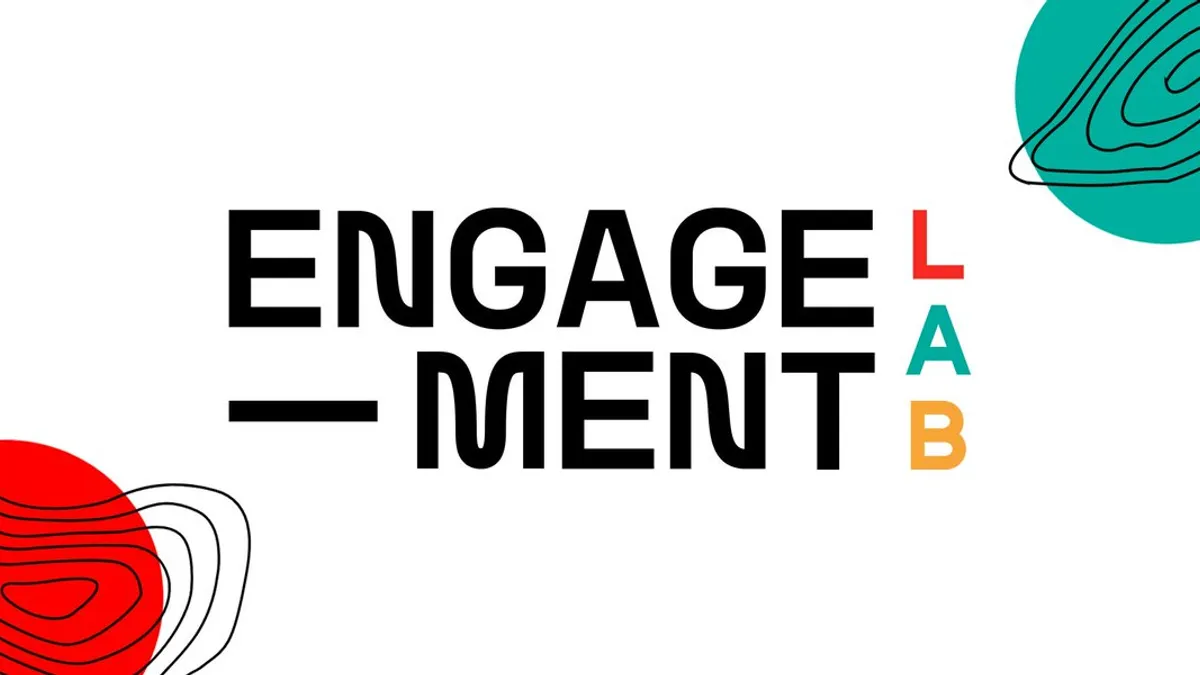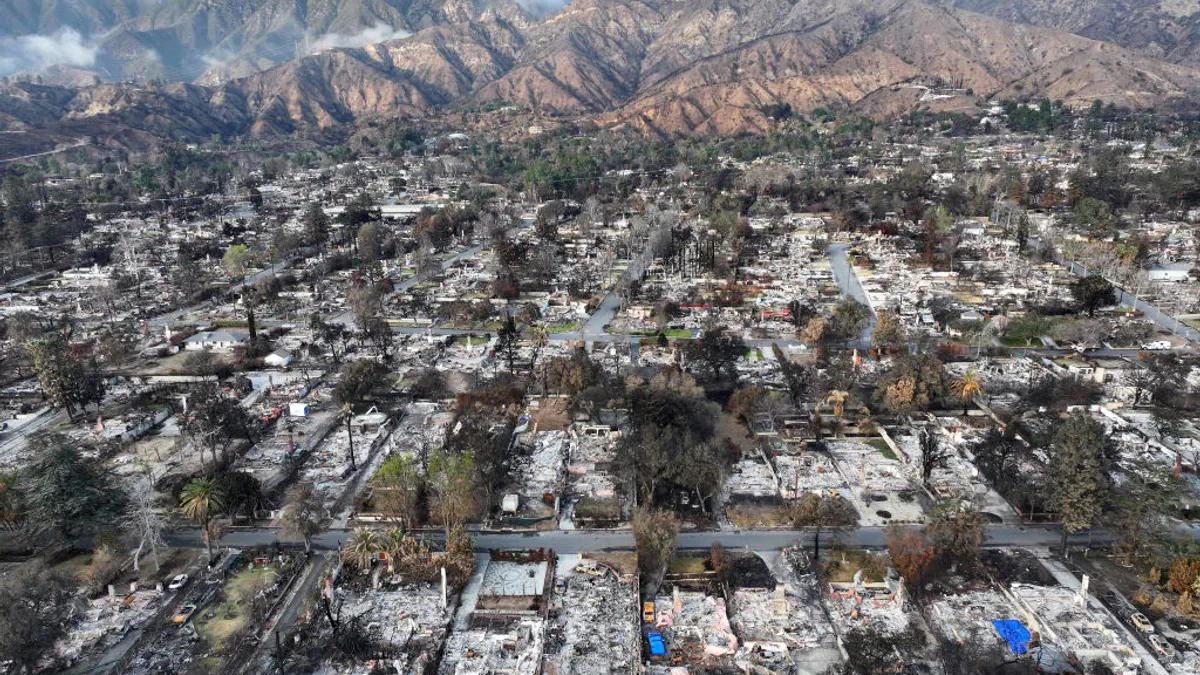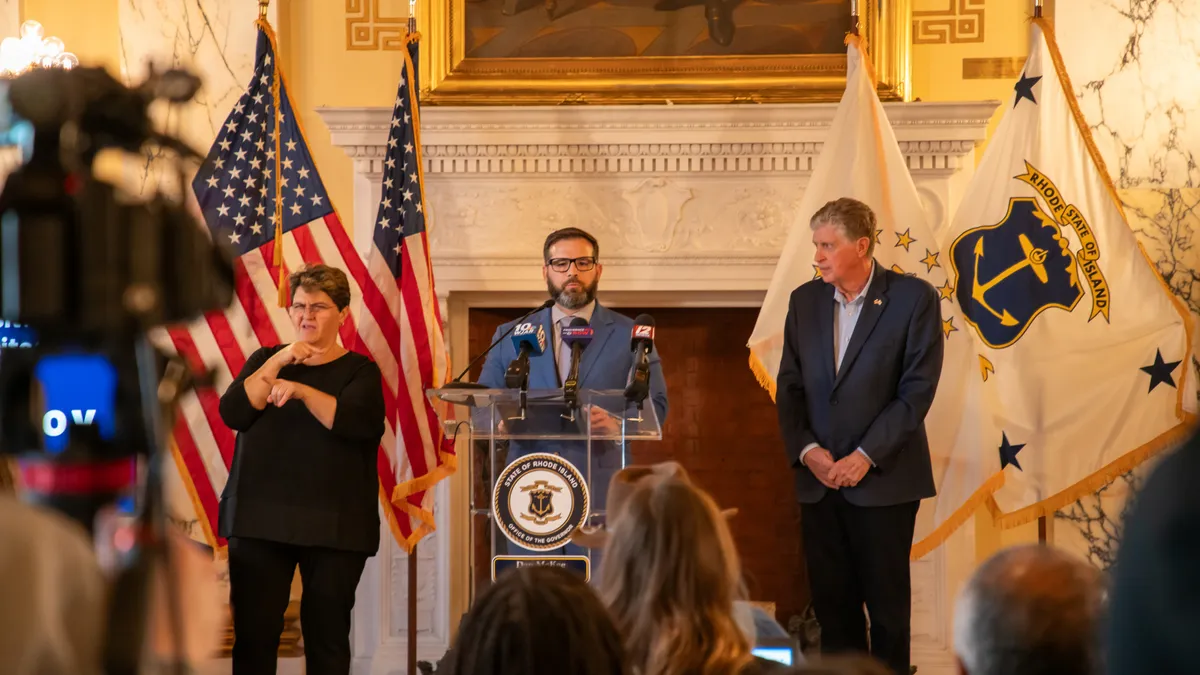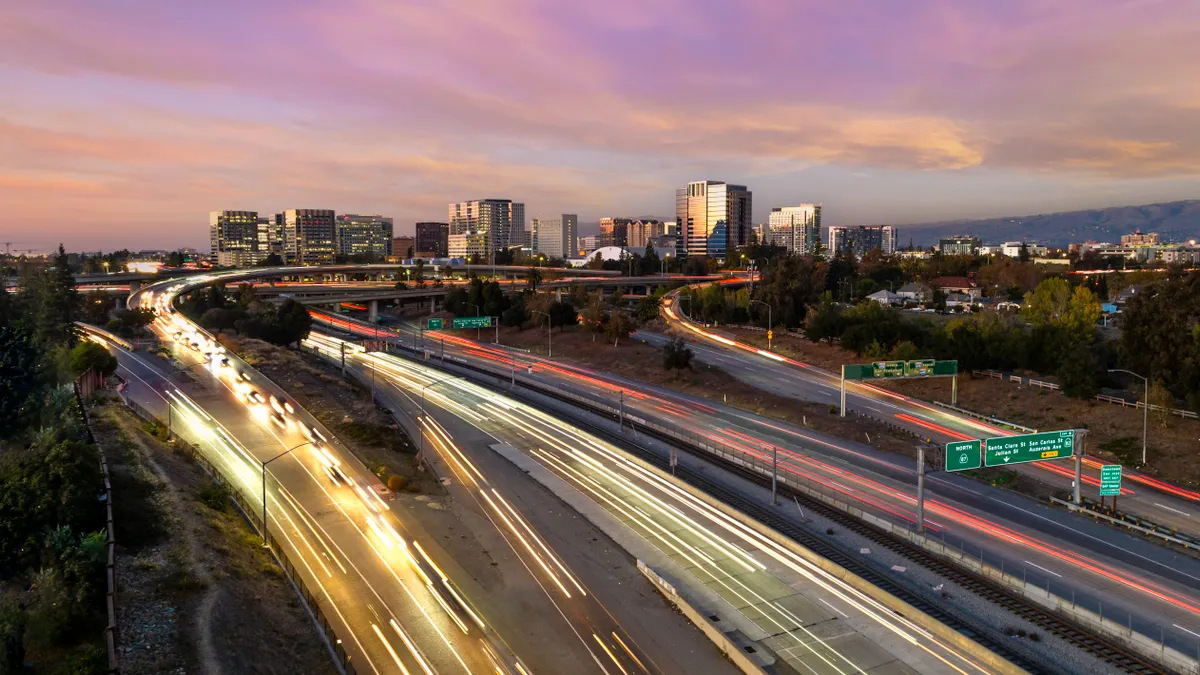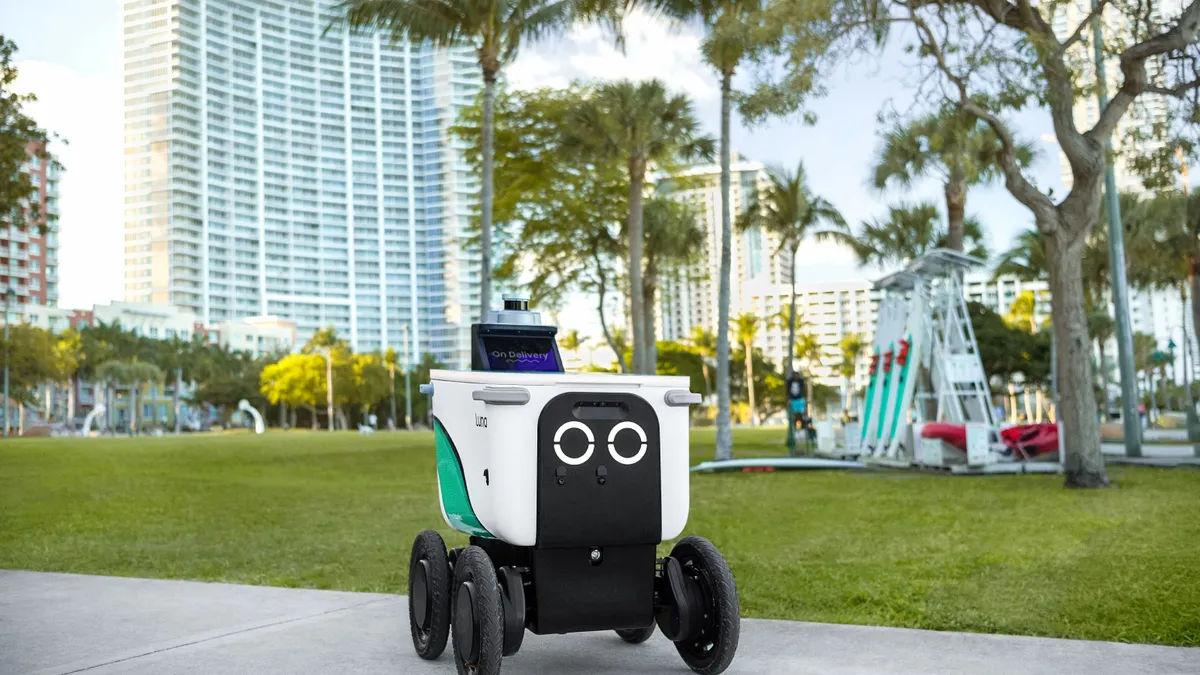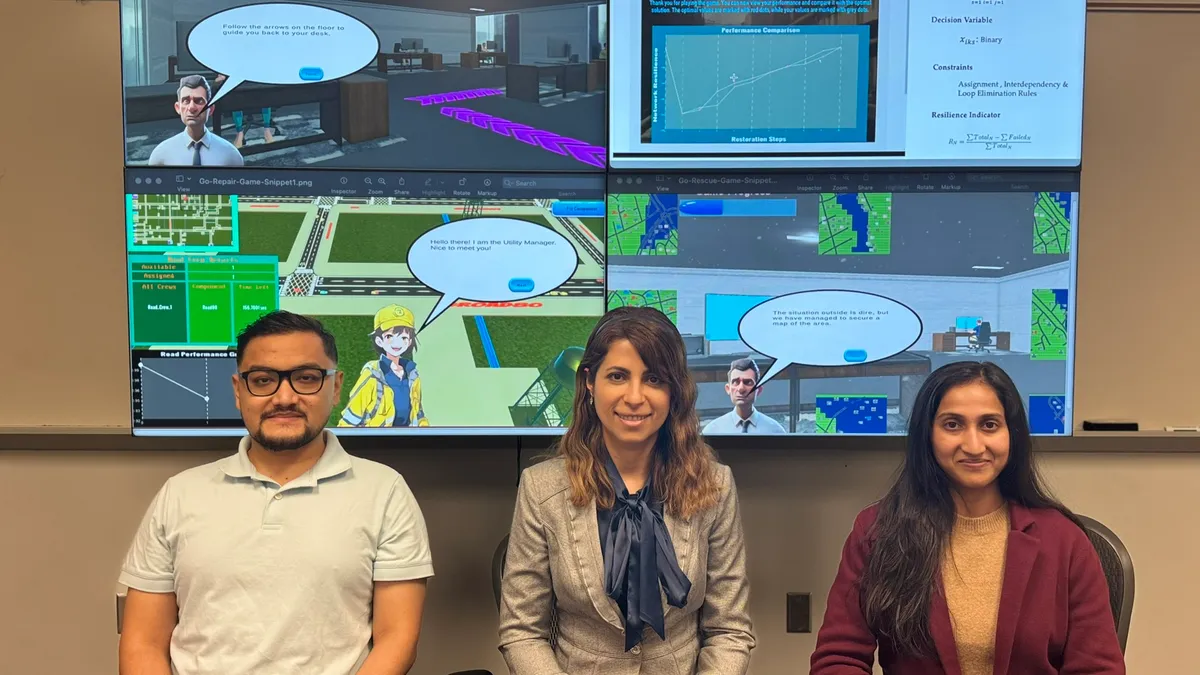John Harlow wants cities to move away from the mentality of, "Let’s build technologies and then put them places." Instead, he says, city leaders should ask: "What do people need in this place, and how do we help them?"
Harlow is a smart cities research specialist at The Emerson College Engagement Lab, a visiting fellow at New York University's GovLab and an affiliated researcher at the Artizona State University Center for Smart Cities and Regions. Currently, he's working with Boston's Betablocks smart city action research project.
It's difficult to know what citizens need, and to help citizens articulate it, says Harlow. Efficiently gathering data on city issues and problems consumes government time and money.
Harlow's research helps cities understand how to effectively engage the public in every step of smart city technology deployment, from defining the problem, to identifying the solution and monitoring the technology during the pilot phase.
The main takeaway? Smartness in cities comes from people understanding what's important to them and what problems they are experiencing, he says.
This interview has been edited for clarity and brevity.
SMART CITIES DIVE: What does city government get wrong when trying to design a smart city or adopt a new technology?
JOHN HARLOW: I think often it's just the same problems that governments suffer in urban planning, which is they try to do things too fast. Their engagement with communities suffers from not reaching the most marginalized or vulnerable populations, because those people have no history of participation. They don't speak the language of government, they don't speak the language of technology or they may not speak the language of English. They may not have resources for transportation, or time that they can take away from working to participate in public events, whether they be urban planning or smart city in particular.
There's a whole host of persistent government challenges that exist outside the technology context. What gives insight into what problems people in your city are experiencing, and where those problems manifest? For example, where are the sidewalks really bad? Where are the sidewalks used a lot by people who are in wheelchairs? How do you make sure that when sidewalks are used often by people in wheelchairs, when those sidewalks are obstructed, they are prioritized for repair?
I think that cities don't often have that level of focus. They try to do something more general and abstract and then the benefits are a little more dispersed. I think what makes a lot of sense for technology is to find a problem that exists in multiple places in your city and then experiment with the technologies that can maybe address it ... But start small and plan to be iterative and try different technologies over time in different places. Less so a pilot, and more a low-resource program of getting the process right of bringing technology to bear on public problems.
"I think a lot of times, time-limited city endeavors really hit their stride and people are ready to do things in version 3.0, right as the funding or the resource time runs out."

There's a gap in this work of bringing together the various understandings that cities have gained by trying different things into a more holistic program of, here's what's happened in different places and here's what's strategic.
How can city leaders better marry the ideas of inclusivity and technology when talking about smart cities?
HARLOW: I think we have to [put people at the center]. City leaders have often sought out technologies that they want for various purposes or reasons, and those discussions happen bilaterally with companies. Opportunities for individuals, residents and business owners to have input on whether those technologies are desirable, which specific technology in a category is preferable and where to fight the technologies — none of those questions are asked. Or, those questions are not asked enough.
Slowing down a bit and putting these technologies in front of people improves the technologies' performance and their ability to meet peoples' needs. Creating space and time to do that sort of testing and collect community feedback improves the public value that those technologies can provide and also preaches the products for the companies and gives people a voice in doing so.
"Slowing down a bit and putting these technologies in front of people improves the technologies' performance and their ability to meet peoples' needs."

Temporary installations of technologies with citizen input, and explicit transparent influence on government decision making based on that input, would be how I would suggest that city leaders are more inclusive in smart city technology governance.
How has your idea of a smart city changed since you first started your research?
HARLOW: At first, coming out of an academic background, I was around a lot of critical people. I was thinking about "smart city" as a marketing term that was trying to make surveillance capitalism palatable, where all your digital behaviors are observed and then packaged to sell you advertising.
As I've been in this space more, I’ve began to understand that government and people want to solve problems and they oftentimes think that technologies can help solve problems. In good faith, governments try to buy the best technologies they can find to solve their problems. In good faith, residents and business owners source technologies to try and solve their problems. And that effort is not necessarily bad, the way that the most critical of academics might state.
It is a natural attempt to bring tools to bear on what you want to accomplish. The process improvement that Engagement Lab is trying to test out and refine is how to make that effort centered on people in places and not a bilateral government company agreement, where things just sort of land in neighborhoods, and people don't know where they came from, or what's going on.
Where are you seeing really innovative smart cities work in the U.S. or in other international cities?
HARLOW: We have at the Engagement Lab worked with the City of Philadelphia. They spent a lot of time coming up with their SmartCityPHL roadmap. They have an upcoming pitch-in pilot program, and are looking to do an open innovation process where they're defining problems in Philadelphia and getting people to pitch solutions to those problems, sort of bringing the public to bear on some problems that arise that cities have not necessarily historically been able to address or have been positioned to address. I think that that work is interesting to a lot of municipalities … And [it's] setting an example.
SmartCityPHL insights from @ellen_hwang_phl. https://t.co/F2EstlPhsT
— Smart Cities Dive (@smartcitiesdive) November 10, 2017
One of the most community-based smart city initiatives that I'm aware of was when we also had the opportunity to work with Charlotte’s North End Smart District. So they partnered with a utility company and residents were testing out some smart home technology. That's not public realm tech, but it’s looking at how bringing energy saving technology could lower energy bills in homes alongside some other smart options. That program really benefited from the perspective of residents on the technologies and the things that they were worried about and how that ends up being implemented.
What areas of city governance might be overlooked?
HARLOW: I think that the boring stuff is the most interesting. Like, networks, traffic lights, autonomous vehicles is what everyone thinks about, or like drones or something. But the most interesting smart city stuff to me might be like, water sensors in storm water drains to see what kind of pharmaceuticals are in the water, or how much lead is in the water. Or as simple as air quality sensors near highways, or cameras that redact facial and other data on the device and then export how many people are walking by a place.
"I think that the boring stuff is the most interesting."

Because on the data side of the conversation there is this beginning perception that data is a liability because everything eventually gets hacked. Owning someone's data is something to avoid and not something to try and profit from. And for cities, they're really interested in how many people are what places at what times, and how are they getting from place to place.
A lot of those decisions that civil servants are making could be better informed by data that could come from smart city devices, but only if the devices were refined toward the public value that the civil servants are looking for. And not so much an everything-does-everything computer that you could put out to maybe collect a bunch of data that you're not sure about putting in the public.
I do think a lot of people are trying to make everything do everything, that your parking meter is a camera is a sensor is like everything else. That becomes scary for understanding what technology might do.
How do you think city officials can deal with fear of data hacks?
HARLOW: I love this question. I would say open data is the simplest answer. Take stock of the data sets that your city keeps and open as many or all of them that you can. Any that you are worried about opening, consider whether you want that data in the first place, because that's the data that if you get hacked, it's going to be problematic. If you're collecting that data, and you don't specifically need it for some purpose, then consider whether you want to stop collecting it.
What I've heard from cities, like New York and their data folks, is that the biggest users of the City of New York's open data are other city departments. So when [the parks department] opens data, then [the streets department] is going directly there to get the data they need from parks rather than trying to interface with parks. When your city is barred, you end up with some gains in efficiency, even within your own operations from opening your data.
"Any [data sets] that you are worried about opening, consider whether you want that data in the first place, because that's the data that if you get hacked, it's going to be problematic."

I don't think you're ever gonna outrun the black hats if you're in city government. They're just going to innovate too fast. What makes the most sense is to reduce your attack vectors. Reduce the amount of potential liabilities that you're holding on to, rather than trying to make yourself as secure as possible, because it'll never be enough. I just don't think that's possible.
You have a course called Civic Data Ambassadors, that teaches librarians how to be ambassadors for open data in their communities. Why do you think it’s important to put data management in the hands of the community?
HARLOW: It is important to put data management in the hands of communities because datasets directly impact communities. From tree inventories to crime statistics to air quality, communities have deeper contextualized knowledge of conditions on the ground that can add nuance or explain data.
Analyze Boston is the City of Boston's open data hub. We invite you to explore our datasets, read about us, or see our tips for users. https://t.co/gciURWJRHQ pic.twitter.com/aPWzMJ8y2w
— City of Boston DoIT (@DoITBoston) July 15, 2019
When communities are not managing data, then errors go uncorrected, and data moving between datasets managed by governments or corporations can have negative results, such as crime statistics being artificially low because a particular community does not trust the police enough to report some crimes.
Follow John Harlow on Twitter.


